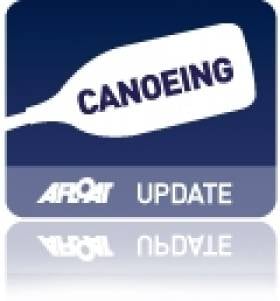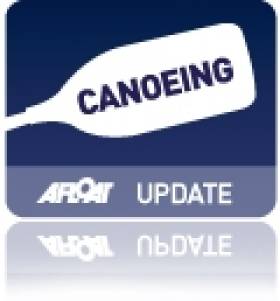Displaying items by tag: Irish Kayaking Intervarsities
UL Take Title at Irish Kayaking Intervarsities
#KAYAKING - The University of Limerick were overall winners in the 2012 Irish Kayaking Intervarsities at GMIT Castlebar last weekend.
As the Mayo Advertiser reports, some 500 students were on hand for the three days of competition, which kicked off with canoe polo on Lough Conn (won by GMIT over DCU).
Saturday's action saw the whitewater contest on the Clydagh River, with Limerick emerging on top, and the freestyle event on the River Clare at Tuam Wave.
Sunday closed with the long distance event at Lough Lannagh, which clinched the weekend for UL's kayakers.
Mayo also hosted the Irish Intervarsity Sailing Championships in Rosmoney last week, which attracting 200 students to the Westport area.
Irish Kayaking Intervarsities This Weekend
#KAYAKING - The Galway Advertiser reports that the Galway-Mayo Institute of Technology (GMIT) at Castlebar will host the Irish Kayaking Intervarsities this weekend from today 17 February.
Eighteen colleges will compete in events on the Clydagh river and Lough Lannagh in divisions from whitewater and freestyle to canoe polo and long distance.
“The Kayaking Intervarsities will be a good way to highlight this adventure sports hub and the excellent town centre watersports amenity of Lough Lannagh," said Stephen Hannon of GMIT.
“For spectators the location is very convenient," he added. "People will have an opportunity to see a sport that is sometimes under the radar but at which Ireland has been represented in every Olympics since Munich in 1972.”
The Galway Advertiser has more on the story HERE.






























































